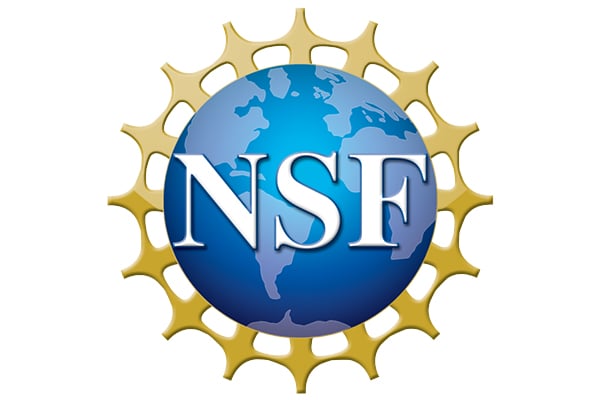The National Science Foundation has awarded Graduate Research Fellowships to eight current students with ties to Johns Hopkins Biomedical Engineering. They have been selected for their outstanding work in science, technology, engineering, or math fields.
The NSF Graduate Research Fellows program is the oldest graduate fellowship of its kind. Fellows receive three years of financial support in the form of an annual stipend of $37,000 and a $12,000 cost of education allowance for tuition and fees paid to the institution. Fellows also have access to professional development opportunities while they conduct their research.
The 2023 NSF Graduate Research Fellows with current ties to Johns Hopkins BME are:
Caroline Ghio is a PhD student in biomedical engineering who is developing and applying new computational and molecular engineering tools that record gene expression and chromatin state during development and disease progression.
Manav Jain is a PhD student studying biomedical engineering who works in the labs of Jordan Green and Jonathan Schneck to design and test polymeric materials that can engineer immune cell function.
Max Kerensky is a PhD student studying biomedical engineering and working in the HEPIUS Innovation Lab to create targeted medical solutions for the spinal cord and beyond.
Stephanie Nolen is a PhD candidate in biomedical engineering, focused on optics and biophotonics. Her research in Ji Yi’s lab fuels her passion for applying engineering and physics to pressing health problems.
Pierce Perkins is a PhD student studying biomedical and medical engineering at the Johns Hopkins School of Medicine.
Linus Wang is a PhD student studying biomedical engineering at the Johns Hopkins School of Medicine.
Emma Whitehead graduated with a bachelor’s degree in biomedical engineering in 2022 and currently works at the Grayson Lab for Craniofacial and Orthopedic Tissue Engineering, where she has worked in various capacities since her freshman year.
Hannah Yamagata is a senior undergraduate student studying biomedical engineering. Yamagata and her team were runners-up in the Collegiate Inventors Competition for their design of a more comfortable brace to treat kids born with clubfoot.

